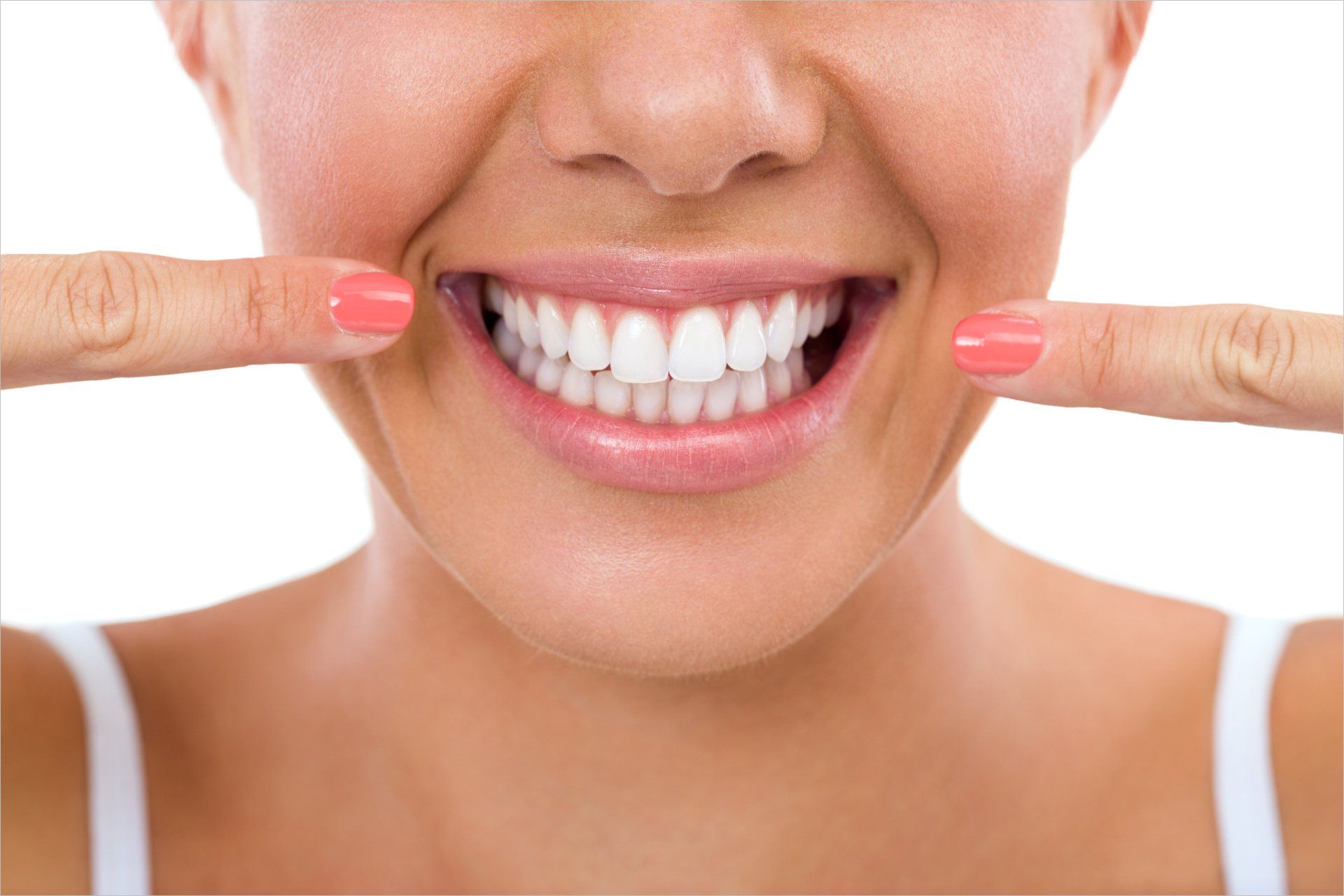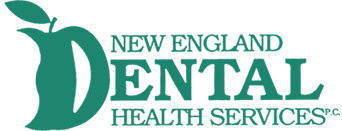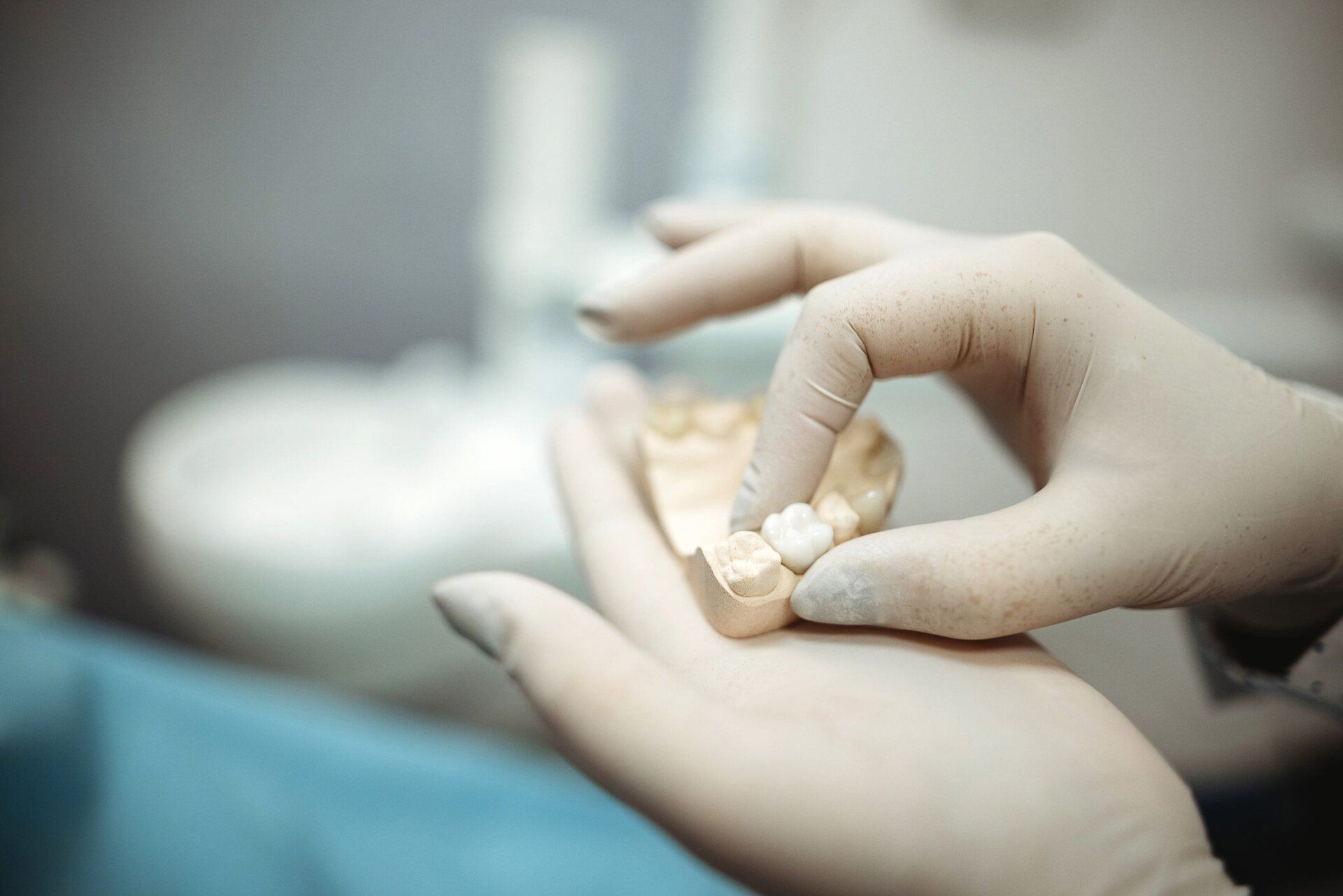Gentle Ways to Clean Your Mouth After Eating or Drinking

You may have heard conflicting information from different dentists about whether you should brush your teeth after eating. And while getting the extra food residue out of the way is important, it's also true that your teeth can be quite vulnerable to damage if you brush less than 30 minutes after a meal.
The bacteria that dine on sugars and starches start to work almost immediately, producing acids that can soften your enamel. So the time just after you eat or drink, especially something sugary or starchy or acidic, is the most vulnerable time for your teeth. Here are some gentler ways you can clean your teeth and mouth after eating or drinking.
1. Rinse With Water
Just plain water can actually help a lot more than you'd expect. For example, a couple of quick swishes after you finish eating can provide these benefits:
- Removing food residue from your tooth surfaces so there's less for bacteria to eat
- Rinsing away any acids from your food or beverage that could soften your enamel
- Rinsing away some of the bacteria (although not a lot)
After eating or drinking, you should always rinse with water immediately. If you don't have anything else on hand, just swishing water around in your mouth a few times is much better than nothing. Just remember to use plain water, not water with lemon in it.
2. Use PH Neutralizing Mouthwash
Even if what you ate wasn't particularly acidic, the bacteria in your mouth will start to turn the sugars and starches into acid within a few minutes of the time you start eating. A mouthwash with a high (alkaline) PH helps to nullify these acids somewhat.
If you have plaque or tartar in your mouth, the mouthwash won't be able to reach everywhere since the bacteria hide under the plaque. But it will still help reduce the severity of the acid attack on your enamel. And the PH neutralization also helps to reduce the overpopulation of bad bacteria, since they love acids and good bacteria tend to prefer an alkaline PH.
3. Chew Sugar-Free Gum
You may not have previously considered gum to be a method of cleaning your mouth. But as long as the gum is sugar-free, it may actually help. One way it can help is because the action of chewing the gum helps to increase saliva flow and to move saliva around the mouth.
Saliva helps to not only wash away any food residue, but also neutralize PH levels (since healthy saliva is typically around a neutral PH). It also brings minerals to the surface of the enamel that's been attacked by acids.
You can increase the cavity-fighting potential of your gum by choosing one that contains xylitol. Because it's similar enough to sugar that bad bacteria may try to eat it but not similar enough to actually let them digest it, xylitol can help block the production of acids after eating.
4. Use Water Flosser
A water flosser is considered a gentler way to clean your teeth than brushing and string flossing. That's why people whose gums are so sensitive that flossing is a painful and bloody affair often use it. Because it uses a stream of water rather than mechanical brushing, a water flosser won't physically scrape the softened enamel away.
You can also use something like a neutralizing mouthwash in your water flosser to improve the cleaning potential. Check the manufacturer recommendations first, though; some water flossers don't do well with solutions such as saltwater. Remember, a water flosser isn't a substitute for your regularly scheduled daily brushing and flossing, though.
These are some ways you can clean your mouth out directly after eating without running the risk of damaging your enamel. For more information about how to keep your teeth as clean as possible without over brushing, talk to your dentist. Call
New England Dental Health Services PC today to make an appointment.






